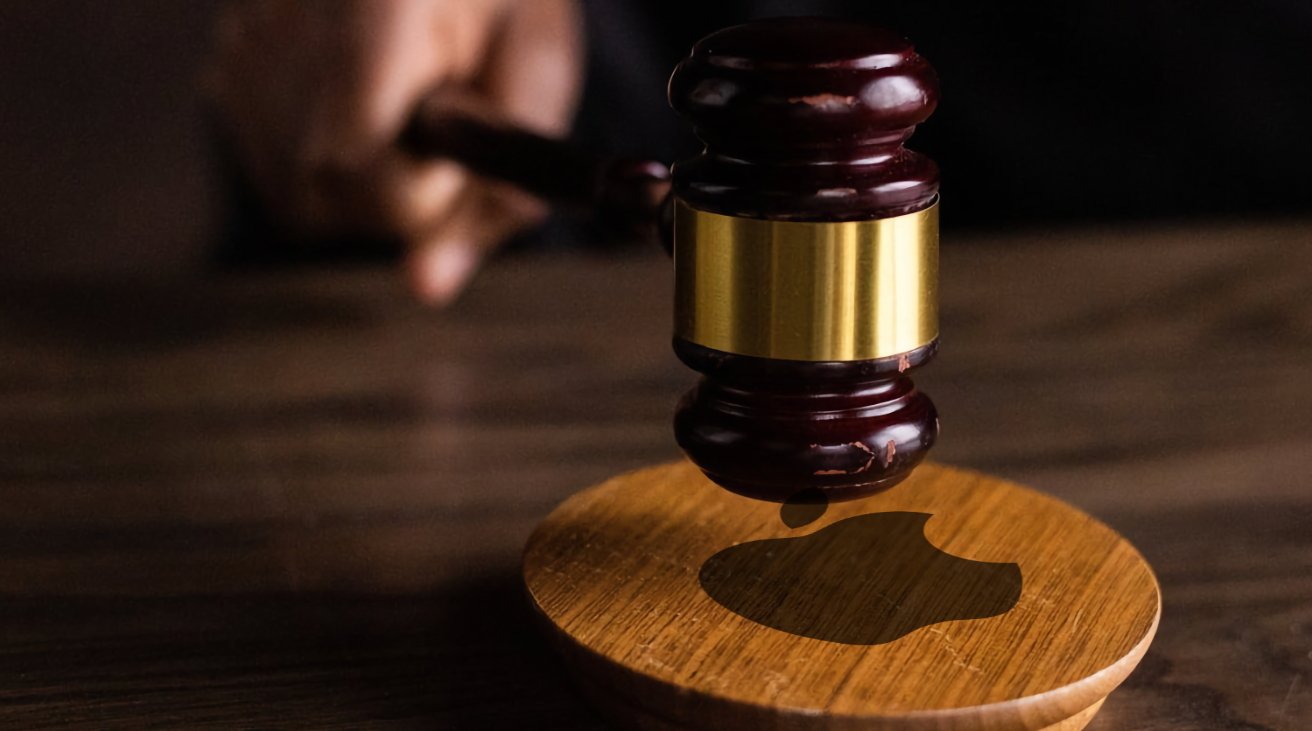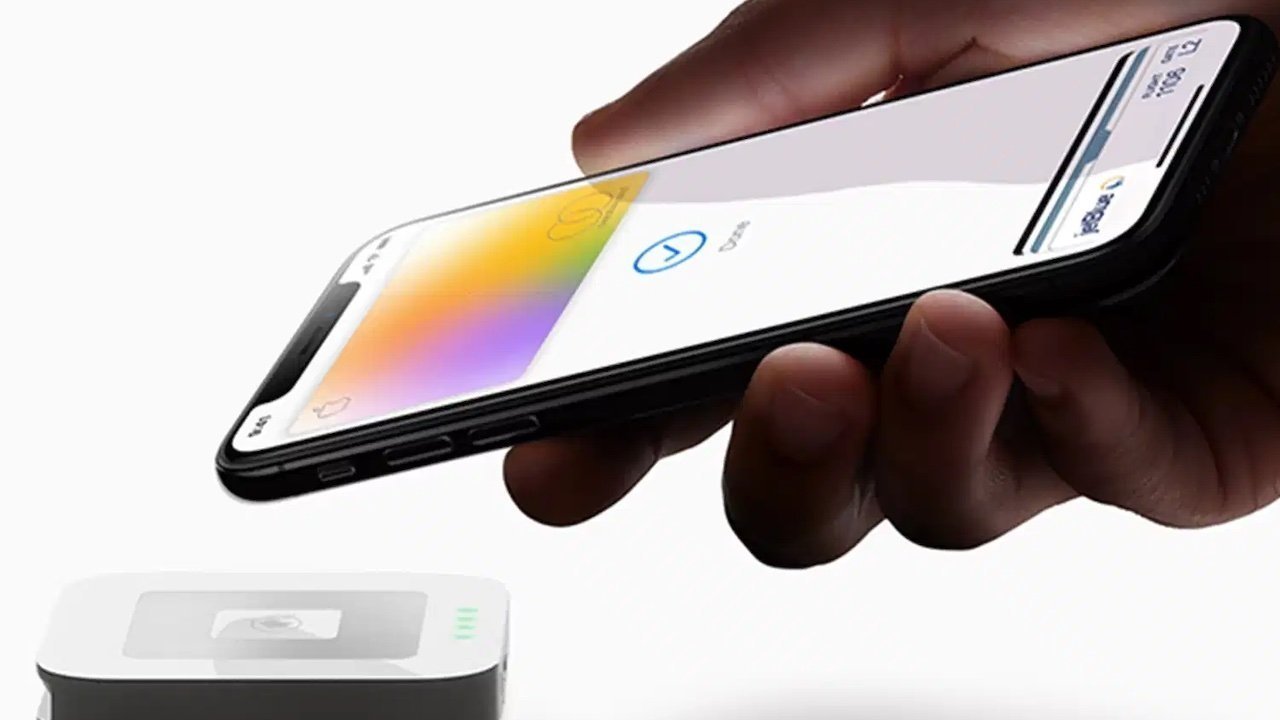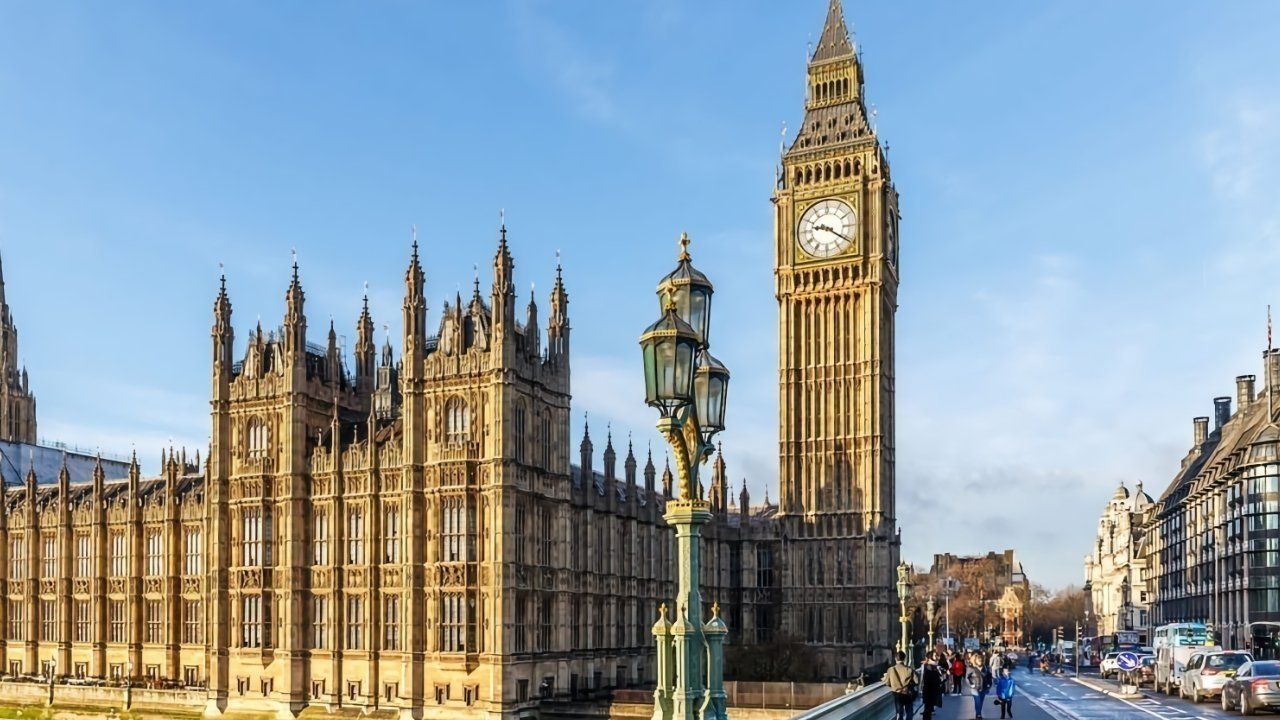
Apple is facing court cases around the world

Turkey has just launched a potential antitrust case against Apple, but it is far from the only one. Here’s where else Apple is facing down governmental regulators, and why.
Probably the most significant antitrust suit against Apple is the one in its own backyard — the Department of Justice has taken it to court. It’s a peculiar case in how Apple stands accused of it doesn’t do, but it’s still the DOJ taking on one of America’s greatest success stories.
To be specific, this case is being brought by the DOJ and the attorneys general of 16 states plus the District of Columbia. It claims that Apple has an illegal monopoly over smartphones, despite the iPhone having only 52% of the US market.
Apple is under investigation, is in court, or is in appeals, all over the world. Here are the latest updates.
Australia
It isn’t true that lawsuits never end, it’s just that they feel as if they don’t. Nonetheless, when the Supreme Court declined to hear Epic Games appeal over its case against Apple, that was an end.
Except of course appeals are ongoing — and Epic Games is trying the same arguments in Australia. Here it’s taking on Apple and Google simultaneously, for what is expected to be a trial lasting for months.
It concerns Apple’s allegedly monopolistic control over its own App Store, which Epic Games alleges is unfairly preventing it telling customers of alternative payment systems.
There is also a separate class action store being brought against Apple’s App Store by developers, and users, in Australia.
European Union
The EU’s investigations in Apple have arguably been the most effective to date, with the company being forced by law to open up the App Store to rivals. It’s also been required to cease anti-steering — where it prevents developers telling customers of alternatives.
Then the European Union has also forced Apple to open up the NFC technology in its iPhones, again to allow rival firms use of it.

Countries want Apple to allow rivals to use its iPhone NFC APIs
With all that done and the Digital Markets Act fully in place, you might expect that the EU would move on to other targets. It has. In March 2024, it fined Apple Music $2 billion for what it alleges is consumer harm in how the company is somehow preventing its vastly more successful rival Spotify from reaching customers.
Apple is in the process of taking the EU to court over that fine. Don’t expect that to neatly be resolved, either, as the fine is borne of complaints Spotify started in 2019 and keeps on doing.
India
India may be basking in Apple and its suppliers greatly expanding their manufacturing presence in the country, but that hasn’t stopped the Competition Commission of India (CCI) launching an investigation. Its probe covers both Apple and Google, and alleged unfair business practices.
In Apple’s case, the country is also investigating anti-competitive behavior regarding its App Store.
Japan
In 2023, the Japanese Fair Trade Commission came within a pixel of saying Apple has to allow third-party App Stores. It didn’t quite go that far, but its years-long investigation into both Apple and Google found that they abuse their “superior bargaining position.”
It specifically says that the two firms are a “problem under the AMA,” Japan’s Antimonopoly Act. The wording of its recommendations is oddly careful to avoid explicitly saying third-party stores must be allowed, yet the details around it saying rivals have to have an equal footing are implying exactly that.
Portugal
This one started in 2022, and it again sees both Apple and Google accused of being “anticompetitive and excessive”. A Portuguese law school professor says that the firms’ 30% cut of apps and in-app purchases is anticompetitive.
He’s filed a class action suit which seeks to represent up to 2.9 million App Store users, and 3.6 million Google Play Store users.
Russia
Given that regions such as the European Union can in theory fine Apple up to 10% of its global revenue — and has fined it $2 billion over Apple Music — it’s easy to think that Russia isn’t even trying. In 2024, Apple paid out $13.7 million to Russian authorities over its alleged anti-steering measures in the App Store.
In 2022, it paid $12.12 million in fines over a similar allegation of App Store market dominance abuse. AppleInsider noted at the time that this was equal to a single hour of Apple profits.
Turkey
The latest country to announce antitrust measures against Apple, as of June 6, 2024, Turkey is now specifically investigating the company’s refusal to allow alternative payment systems on the App Store.
According to Reuters, this is still at the investigation stage, and comes alongside a general review of smartphones by the country’s Competition Board.
UK
The UK is in the throes of a general election, which under British law was called earlier than expected. One consequence of this is that the latest Parliamentary session is required to close down ahead of schedule, and that has threatened very many legal bills that were due to be debated.

UK Parliament
But after literally years in which the country created a Big Tech watchdog but didn’t give it any power or authority over anyone, Britain rushed through a bill that affects Apple.
It’s really a copy of the EU’s already established laws and until it’s put into practice, it’s a bit nebulous. But it is intended to attack all the same allegations of anti-trust breaches that other countries have mounted, and other countries have collected high fines over.
What happens next
Apart from the certainty that other cases will follow, generally all that will happen in the short term is that the various cases will continue to rumble through their local jurisdiction. Apple will protest against it all, then when it fails to persuade judges, it will file appeals against the rulings.
Although it’s not fair to say that Apple always loses. And, Epic lost most of its Fortnite battle with Apple.
And, in May 2024, China decided that its App Store fees were fine. Naturally, this decision by the China Supreme People’s Court is being appealed.




